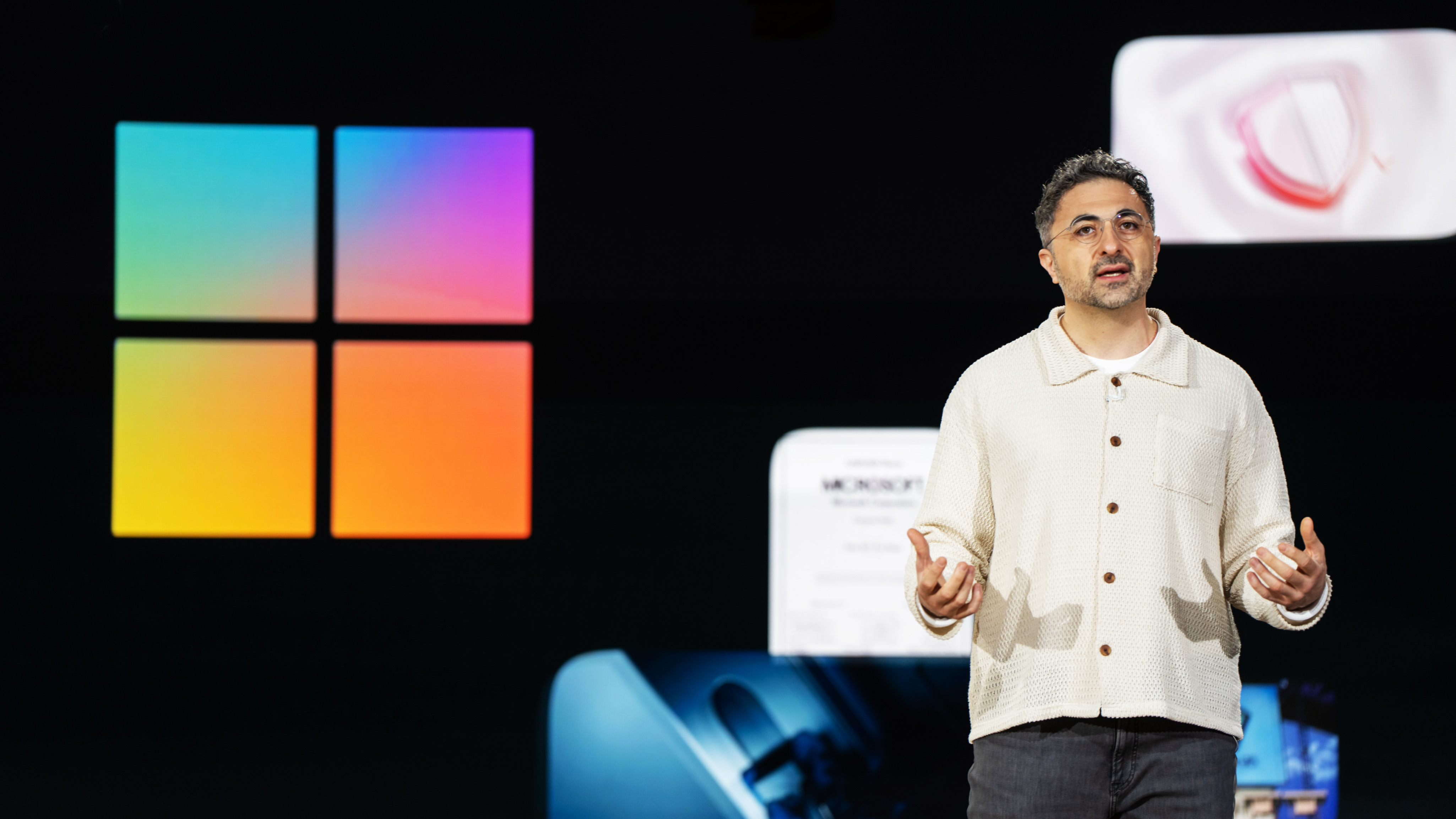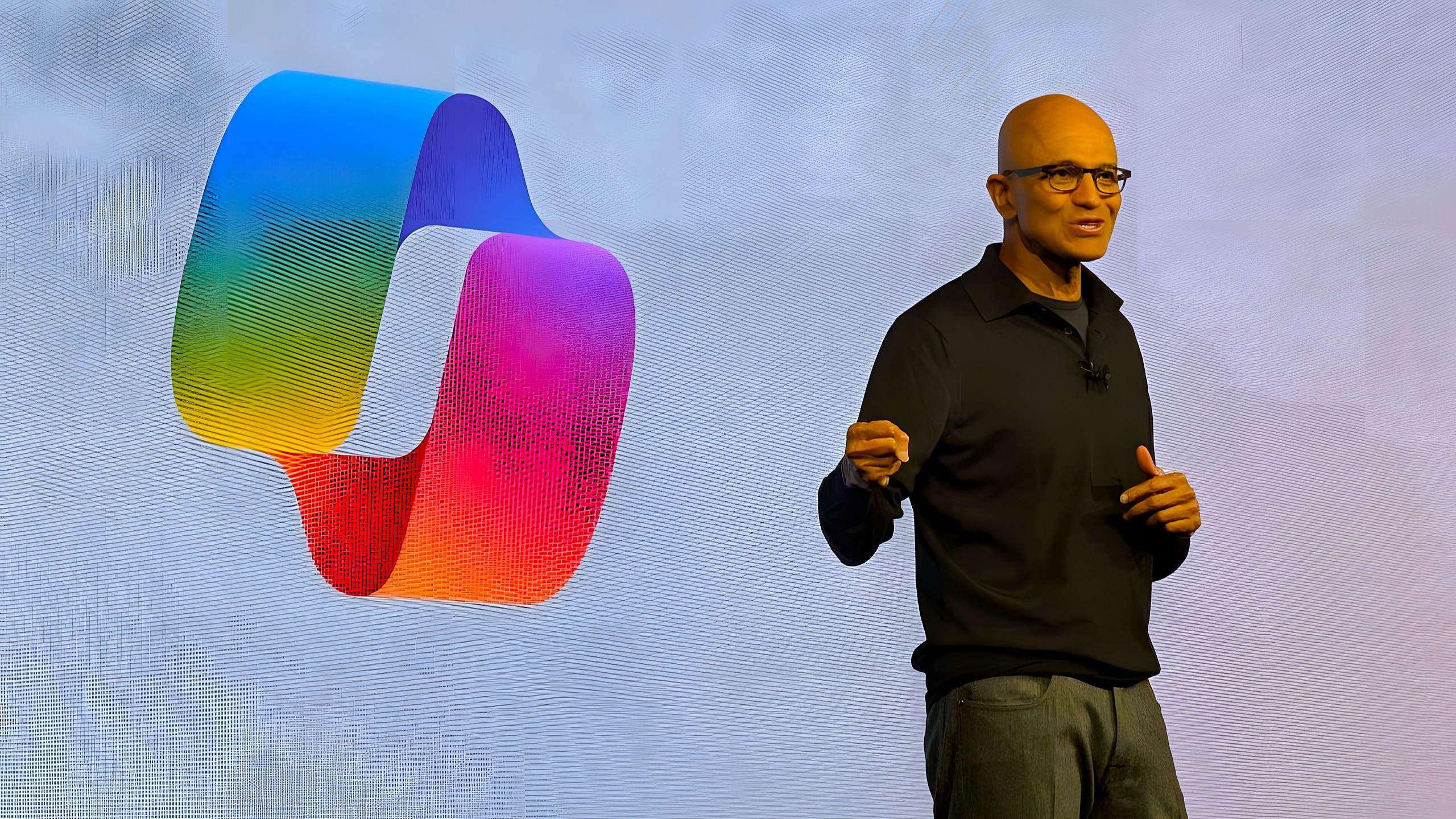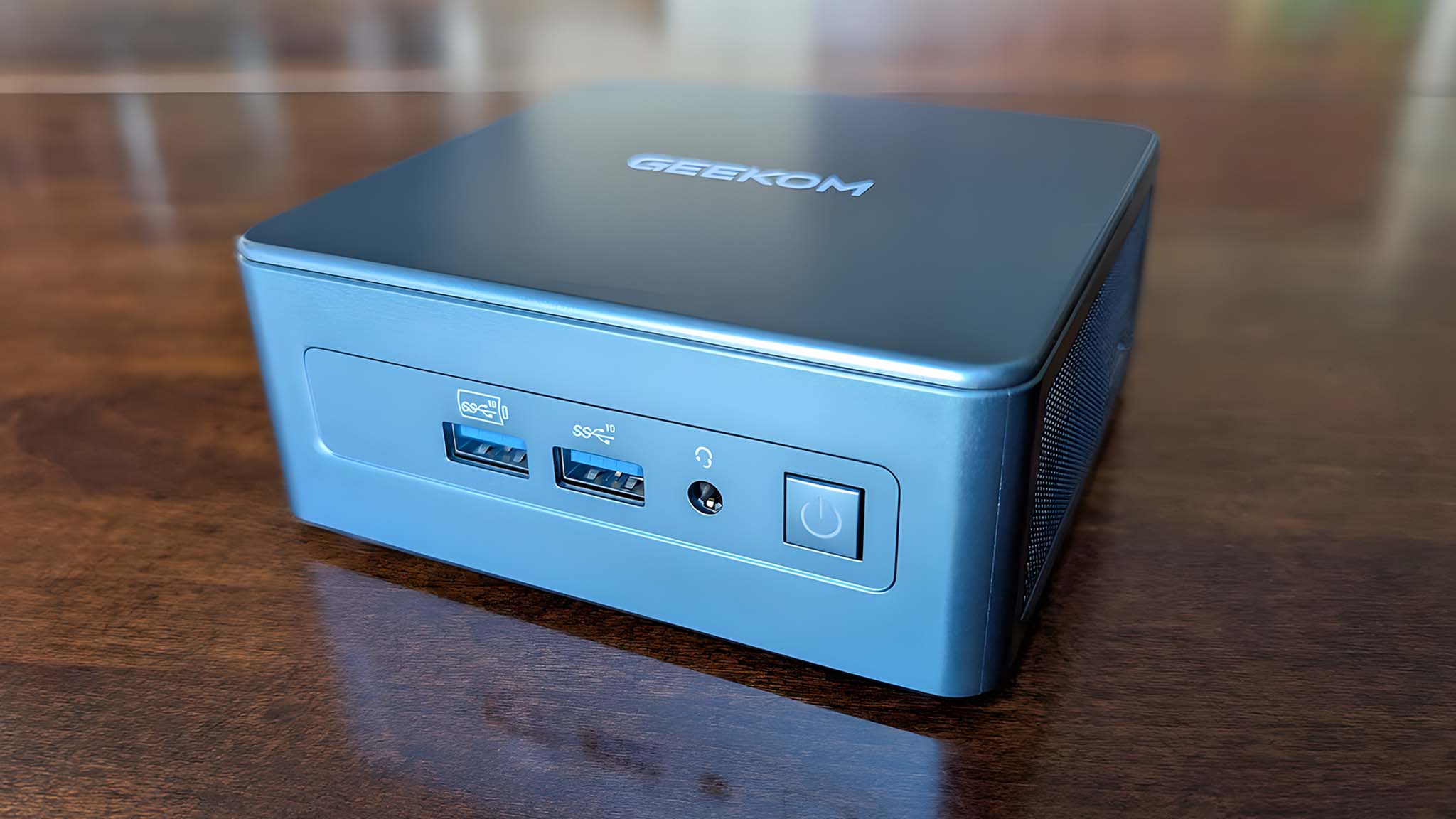Microsoft poaches 24 AI stars from Google to supercharge Copilot — despite DeepMind's ironclad noncompete clauses and lavish year-long PTO
Following in the footsteps of Meta’s AI talent war, Microsoft recently poached 24 employees from Google’s DeepMind to strengthen its Copilot AI efforts.

All the latest news, reviews, and guides for Windows and Xbox diehards.
You are now subscribed
Your newsletter sign-up was successful
The competition in the generative AI landscape is increasingly becoming fierce. Over the past few weeks, we've seen companies like Meta launching Meta Superintelligence Labs to compete with Google and OpenAI in the ever-evolving landscape.
It's becoming apparent that talent is an important ingredient that directly contributes to a company's success in AI, which could be a plausible explanation for Meta's poaching spree, targeting top OpenAI researchers and engineers with up to $100 million signing bonuses and one-year compensation.
The Facebook maker also acquired Scale AI for $14.8 billion and hired CEO Alexandr Wang to lead operations in its new AI division. The move seemingly ruffled some feathers at OpenAI, prompting the company to compel its staffers to go on a mandatory week-long vacation as it recalibrated their compensation packages and attempted to identify creative ways to reward their top-performing talent.
And as it now seems, Microsoft is following Meta's footsteps, having recently poached approximately 24 employees from Google's DeepMind AI lab (via Financial Times). This news comes a little over a year and change since DeepMind and Inflection co-founder Mustafa Suleyman joined Microsoft to lead operations in its new AI division.
Some of the notable hires joining Microsoft's AI division include Amar Subramanya, who worked at Google's DeepMind AI lab as the VP of engineering developing Gemini for 16 years before departing to Microsoft in June as the Corporate VP in its AI division.
While announcing his new role at Microsoft on LinkedIn, Subramanya indicated:
“Just one week into my new role, I’m already feeling deeply energised. The culture here is refreshingly low ego yet bursting with ambition. It reminds me of the best parts of a startup: fast-moving, collaborative, and deeply focused on building truly innovative, state-of-the-art foundation models to drive delightful AI-powered products such as Microsoft Copilot."
All the latest news, reviews, and guides for Windows and Xbox diehards.
Adam Sadovsky also joined Microsoft in June, after almost 18 years at Google as a software engineer and senior director at DeepMind. Sadovsky has now assumed the role of Corporate VP at the tech giant's AI division.
It's interesting to see Microsoft poaching talent from Google DeepMind, especially after a previous report revealed that the company uses aggressive noncompete clauses and up to a year-long PTO to prevent its staffers from joining rival firms.
Microsoft has a major Copilot problem
It's quite possible that Microsoft is poaching top AI talent from Google DeepMind to help bolster its advances in the ever-evolving landscape. Interestingly, Microsoft recently laid off more than 9,000 people from its workforce. The move was reportedly designed to free up more spending money to invest in AI infrastructure and maintain the pace in the ever-evolving landscape, perhaps even to poach AI talent from rival firms.
Microsoft's multi-billion-dollar partnership with OpenAI grants it exclusive access to its top-of-the-line AI models, which it can freely integrate into its tech stack. However, the tech bromance is seemingly in the crosshairs as the ChatGPT maker is under immense pressure from investors to convert into a for-profit entity or risk losing funding, outsider interference, and hostile takeovers.
OpenAI cites anticompetitive business behaviour on Microsoft's side, narrowing it down to a reluctance to sign off on its for-profit evolution. However, Microsoft has indicated that it is willing to walk away from the high-stakes negotiations and ride out the rest of the partnership through 2030. A separate report suggests OpenAI could prematurely declare AGI (artificial general intelligence) to sever its ties with Microsoft.
Despite Microsoft's access to OpenAI's next-gen technology and AI models, Copilot struggles to revel in similar success that ChatGPT enjoys. The top complaint at Microsoft's AI division is that Copilot isn't as good as ChatGPT, though the tech giant was quick to shift blame to poor prompt engineering skills. It has since launched Copilot Academy to remedy this situation. "You're just not using it as intended," added Microsoft.
Perhaps more concerning, Copilot doesn't seem to be inspiring confidence in Microsoft staffers with a high-ranking executive describing its AI tools as gimmicky. The report further detailed that Microsoft outsources help from third-party vendors to get Copilot to deliver value across its tech stack, including Microsoft 365.
In May, Microsoft Teams lead Jeff Taper admitted that Copilot and ChatGPT are virtually the same thing, but the former sports better security and a more powerful user experience. However, corporations are seemingly more inclined toward ChatGPT than Copilot because“OpenAI has done a tremendous job making their product fun to use.”

Kevin Okemwa is a seasoned tech journalist based in Nairobi, Kenya with lots of experience covering the latest trends and developments in the industry at Windows Central. With a passion for innovation and a keen eye for detail, he has written for leading publications such as OnMSFT, MakeUseOf, and Windows Report, providing insightful analysis and breaking news on everything revolving around the Microsoft ecosystem. While AFK and not busy following the ever-emerging trends in tech, you can find him exploring the world or listening to music.
You must confirm your public display name before commenting
Please logout and then login again, you will then be prompted to enter your display name.

